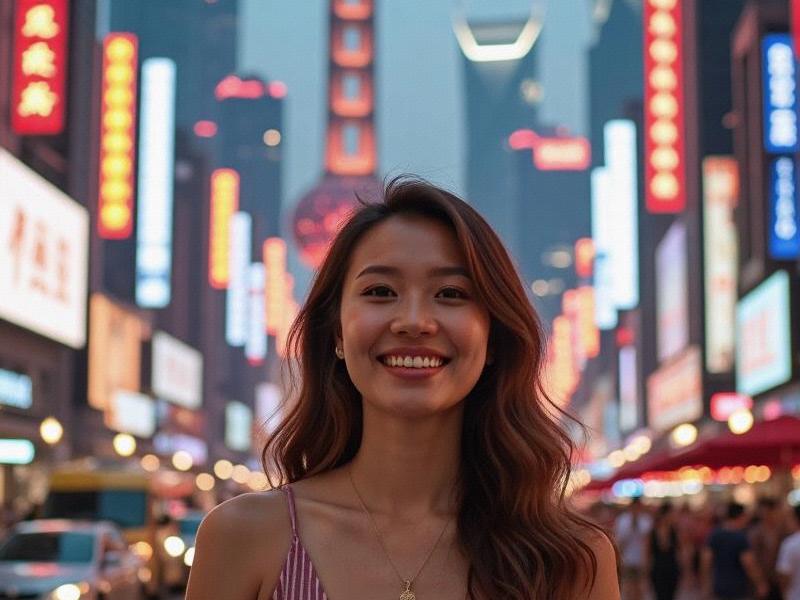
Section 1: Market Transformation
1. Current Landscape
- ¥32.6 billion annual revenue (Shanghai Commerce Bureau 2025)
- 850 licensed premium venues across 12 districts
- 58% corporate clientele, 27% social, 15% tourist
- Average spend: ¥2,400-¥15,000 per visit
2. Historical Context
- 1990s: First private clubs emerge in Jing'an
- 2000s: Bund golden age with celebrity venues
- 2010s: Regulatory standardization
- Post-2020: Tech-integrated premium experiences
Section 2: Architectural Innovation
1. Space Utilization
- Repurposed colonial banks with hidden speakeasies
- Vertical gardens in Lujiazui skyscrapers
- Underground venues with biometric access
- Rooftop tea-house/nightclub hybrids
上海私人品茶 2. Design Philosophy
- "East-meets-West" aesthetic principles
- Feng shui consultants standard for 92% of venues
- Dynamic lighting systems adapting to mood
Section 3: Business & Culture
1. Economic Impact
- Direct employment: 68,000 positions
- Supports 140+ local supply chains
- 4.1% contribution to service sector GDP
- 42% foreign client growth (2024 YoY)
2. Cultural Synthesis
- Traditional tea ceremony mixology stations
- Digital calligraphy walls with interactive cocktails
- AI-generated Peking opera remixes
- Blockchain-authenticated vintage baijiu
Section 4: Operational Excellence
上海水磨外卖工作室 1. Staff Requirements
- Minimum quadrilingual fluency
- Certified sommelier/mixologist credentials
- Cybersecurity and compliance training
- Cultural heritage education
2. Technology Integration
- Facial recognition VIP systems
- AR menu projections with nutritional AI
- Sound pressure monitoring algorithms
- Air quality management systems
Section 5: Regulatory Framework
1. Compliance Standards
- 19-step licensing process
- Mandatory:
- Real-time surveillance feeds
- Decibel monitoring
- Monthly fire drills
- Health department inspections
上海夜生活论坛 - Financial transparency protocols
2. Safety Innovations
- Emergency evacuation AR guidance
- Smart breathalyzer taxi dispatch
- AI bouncer conflict prevention
Future Trends
- Carbon-neutral certification programs
- Suburban entertainment complexes
- Increased cultural programming requirements
- MICE tourism integration
- Virtual reality venue previews
As industry analyst Zhang Wei observes: "Shanghai has created something unprecedented - nightlife spaces that satisfy both corporate entertainment needs and cultural preservation mandates, all while pioneering some of the world's most advanced hospitality technologies."
The sector projects:
- 18% annual growth through 2028
- Expansion of "entertainment campuses"
- Increased cross-industry collaborations
- Development of nightlife academic programs
